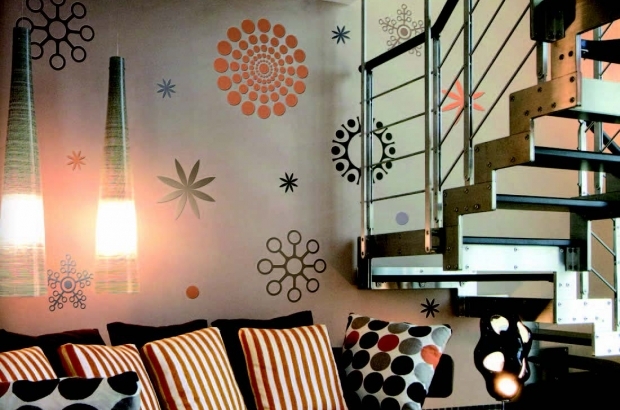- Daily & Weekly newsletters
- Buy & download The Bulletin
- Comment on our articles
City of Brussels to tax co-living spaces beginning from January
The City of Brussels is going ahead with its plan to tax co-living spaces beginning in January of next year.
Brussels currently has an estimated 300 such spaces, mainly inhabited by young foreign workers who do not plan to stay in the region for long.
Unlike traditional apartments, this special type of housing – usually in individual homes – involves residents who did not know each other before moving in. Generally via a company, people rent an individual room but share spacious common areas.
The homes often include perks such as a sports or cinema room, a games room or a co-working space. These luxury flatshares often include services such as cleaning, internet, streaming services or even breakfast.
The City of Brussels announced that it will introduce an annual tax of €1,520 per coliving room from 2023.
Prior to that, this type of accommodation was not taxed any differently from traditional rentals occupied by families.
“We have noticed that hotels and apartment hotels are subject to taxes, but not co-livings,” said Ans Persoons, alderwoman for urban planning at the City of Brussels.
“However, co-livings are an important source of financial income. It was therefore logical to tax them as well. In itself, the city is not against luxury co-livings, but I would like to be able to control this activity in order to prevent real estate pressure in certain neighbourhoods from becoming too strong.”
Long-time residents of Brussels have complained that co-living spaces come with an extra nuisance in the form of noise and excess rubbish.
The estimated 300 such spaces have a total of around 2,900 individual rooms, according to a count by ULB researcher Charlotte Casier, who has been studying the phenomenon for several years.
“The first co-living establishments opened their doors in 2016, but it is really from 2019, 2020 and especially 2021 that the supply of this type of accommodation has increased the most,” said Casier.
“In 2022, the growth of co-living supply continues, but at a slower pace than in 2021.”
These co-living spaces are mainly found in the vicinity of the European quarter, in particular in Ixelles, Brussels-City, Etterbeek and Saint-Gilles.



















Comments
Right,
why don't you tax the heck out of young foreign workers or students who would rather rent a room instead of an apartment?
Or do you really believe the owners will pay the 1520 euro per room, per year, out of their own pockets? Right!
It would be interesting to check out Mrs. Ans Persoons credentials and work & life experience because, judging from the ongoing changes in Urban Planning done in the City of Brussels, she must not have a clue about city living and livability!
NOT A CLUE!